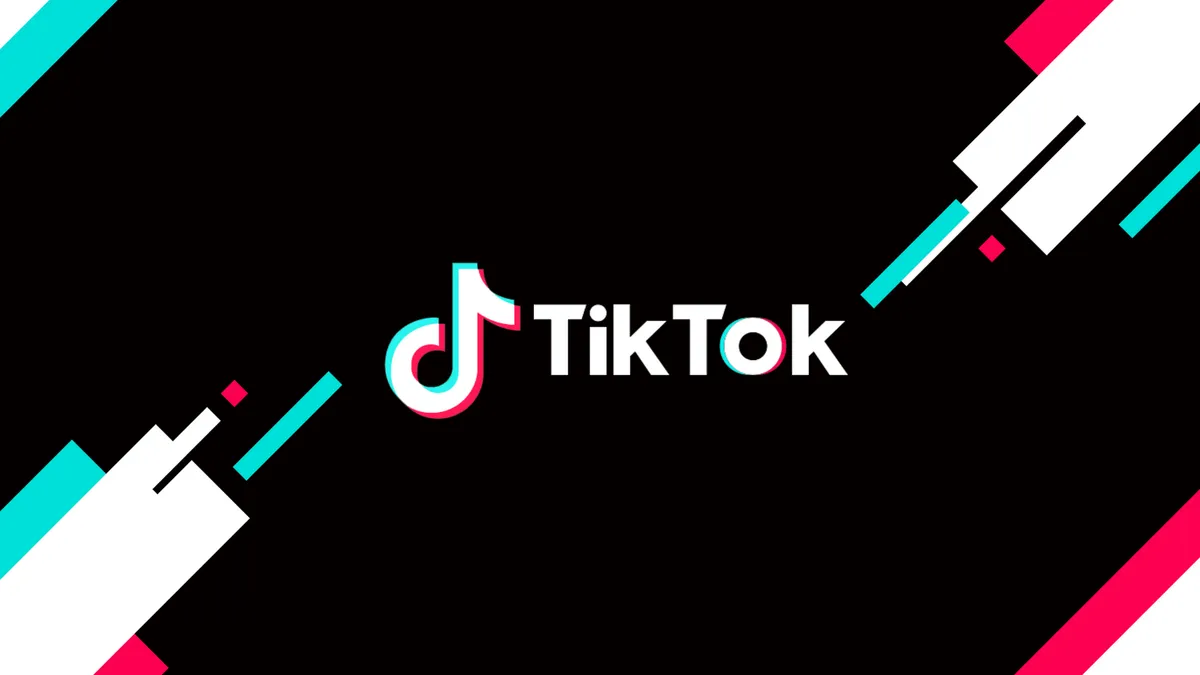Brief:
- TikTok's parent company ByteDance last week was given a new deadline of Dec. 4 to complete a proposed sale of the social video app to business software giant Oracle and retailer Walmart. The Trump administration delayed the cutoff date for seven days after giving ByteDance a 15-day extension that was due to expire on Nov. 27, per a court filing cited by Reuters.
- The Committee on Foreign Investment in the United State (CFIUS), a federal agency that reviews the national security implications of foreign investments in U.S. companies or operations, granted the extension "to allow time to review a revised submission that the Committee recently received," a U.S. Treasury spokesperson told CNN Business.
- CFIUS had recommended that President Trump order ByteDance to unwind its 2017 acquisition of music video app Muscial.ly, a deal that formed the basis for launching TikTok the following year, because of national security concerns. Trump gave ByteDance a 90-day deadline to comply with the executive order, which didn't indicate what would happen if the company didn't sell TikTok.
Insight:
The seven-day extension gives ByteDance more breathing room to get U.S. government approval on a deal to sell TikTok to Oracle and Walmart after months of negotiations. For mobile marketers, the brief reprieve is an encouraging sign that the companies are still working on an agreement that will keep the popular social video app running in the U.S.
TikTok not only provides another alternative to digital advertising platforms like Google, Facebook and Amazon for advertisers, but also gives them a way to reach younger audiences. As those consumers mature and boost their spending power, more advertisers are likely to develop campaigns that engage TikTok users.
While CFIUS reviews Oracle and Walmart's possible acquisition of TikTok, parent company ByteDance has been fending off a separate executive order that would have prevented new downloads of TikTok and software updates on Sept. 20 and an outright ban on Nov. 12. TikTok averted the download ban after the executive order was blocked by a U.S. District Court in Washington. Following that ruling, a federal judge in Pennsylvania late last month temporarily blocked several government restrictions that would have prevented TikTok from operating in the U.S., ruling in favor of several creators who had argued they relied on the app to make a living. TikTok and ByteDance helped to support the legal action by connecting those influencers with a First Amendment lawyer and helping to formulate a legal strategy, The Wall Street Journal reported, citing unnamed sources familiar with the matter.
A deal to sell TikTok to Oracle and Walmart would help to remove uncertainty about the social video app's future in the U.S., following differing claims about how the deal would be structured. In September, ByteDance said it would own 80% of TikTok Global, a newly created U.S. subsidiary to oversee most operations worldwide. However, Oracle issued a statement saying ByteDance's ownership of TikTok Global would be distributed to investors, and that ByteDance wouldn't own the company. The Trump administration had tentatively approved the deal, but the Chinese government cast doubt on those plans after enacting a law to prevent the export of artificial intelligence technologies that are a key part of TikTok's platform to engage viewers with a continual feed of viral videos. ByteDance later applied for an export license amid the negotiations to sell TikTok.
Oracle and Walmart's acquisition of TikTok has the potential to shake up the social media industry, giving the companies a way to unify their efforts to integrate content and commerce. Oracle would gain a foothold in digital media and bolster its cloud-computing business, while Walmart would have a platform to help expand its e-commerce efforts and compete more effectively against Amazon.
With Oracle and Walmart's financial, technological and logistics support, TikTok can expand into a marketing and e-commerce platform to eventually rival platforms that currently dominate the U.S. digital ad market. If a deal is completed, TikTok can focus more on increasing its U.S. audience after developing a following of 100 million users, including Generation Z consumers who are hard to reach through traditional media. With the rise in social media usage during the pandemic, TikTok has been drawing interest from more major marketers, as well as influencer marketing campaigns that have become popular as brands seek to cut through ad clutter.














